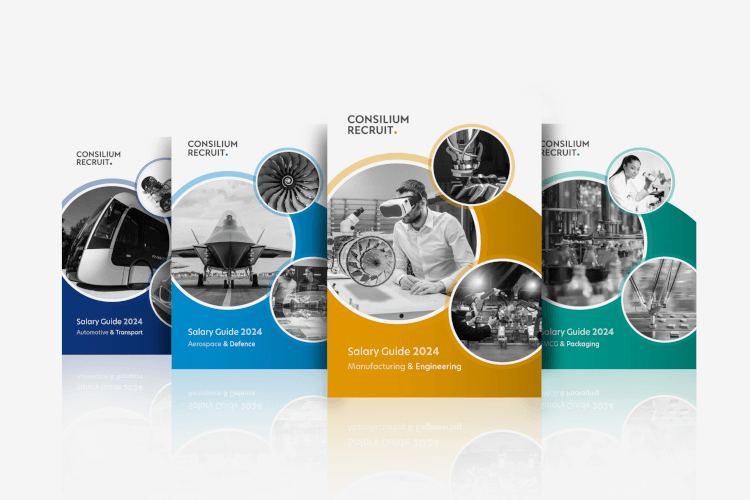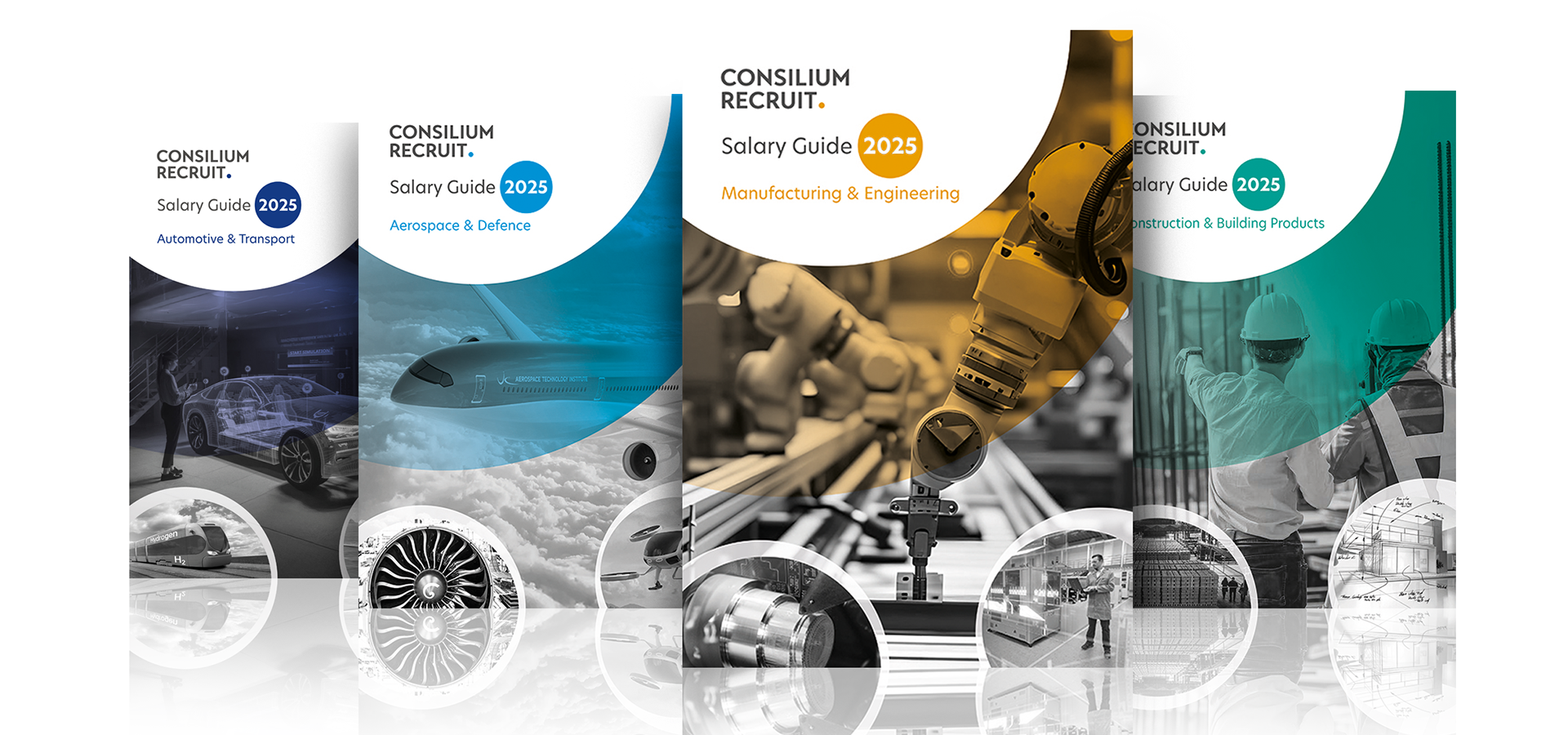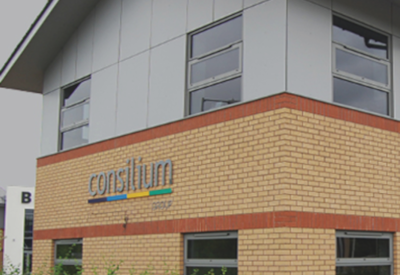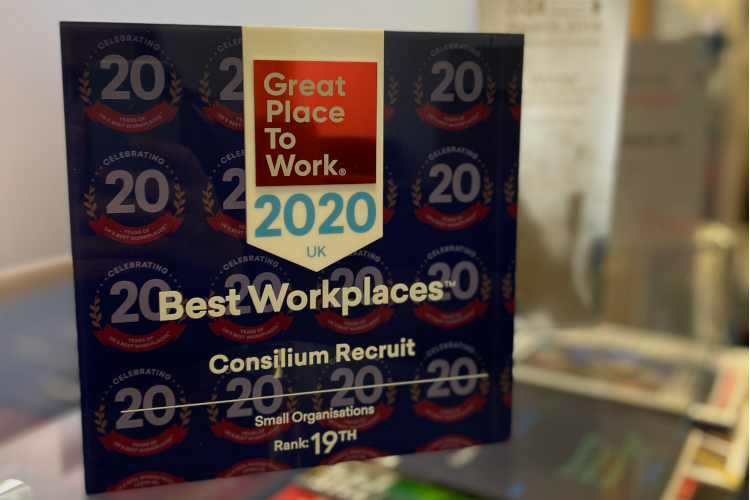Battery Technology - 2022 and beyond!
With the global energy crisis in full swing, the search for revolutionary new energy-storage solutions has never felt more urgent than now!
In the world of Electric Vehicles, a new battery technology that will revolutionise car batteries and ‘save the planet’ seems to be announced weekly: aluminium-graphite; lithium-air; redox-flow; anaerobic bacteria bio-chemical units, graphene supercapacitors and even fuel cells have all featured in recent months.
For now, the industry standard powering EV’s is lithium-ion technology, although lesser known but all being worked on include the following alternatives: lithium sulphur, sodium ion, solid state and lithium-iron phosphate - with plans to scale up production of all variants into commercially viable alternatives.
So, while lithium-ion technology is already proven, dependable and certainly expected to remain for some time yet - the challenge for industry is to drive down cost and increase performance. This in part due to the ongoing increase in cost of raw materials - coupled with the heightened environmental and social impact of mining.
What are the alternatives?
Sodium ion
Sodium ion is coming back into favour as lithium prices soar. It also has slightly better extreme temperature performance than lithium-ion and can be combined with lithium-ion packs in a vehicle to give a more cost-stable alternative.
Their chemistry operates in a similar way to a lithium-ion cell, where the cathode material is based on sodium, which is a much more common and cheaper material than the lithium/copper/nickel/cobalt equivalents in a lithium-ion cell.
Lithium Sulphur
Cheaper and less than half the weight of the equivalent lithium-ion battery, this technology is well known with electronics giant Sony having been working on it for years, with off-road vehicles, aeronautical applications most likely to receive these batteries first.
Lithium Sulphur’s lightweight technology despite being a major advantage in aviation and space industries is not so great for the automotive sector. However, where the industry has mostly accepted the increase in weight associated with battery power and recuperation technology at least means that you get some of that increased kinetic energy back via the braking system.
Lithium-iron phosphate (LFP)
A relatively old technology that was thought to have been discarded into the rush for lithium ion, but lithium-iron phosphate batteries have several big advantages particularly low cost and a much-reduced requirement for cobalt and nickel.
Elon Musk has driven up interest in this chemistry where he declared Tesla’s ‘long-term shift’ towards LFP in its energy-storage batteries and cheaper electric vehicles such as the Model 2 and cheaper versions of the Model 3, Ford and VW have both also declared interest in using LFP to power its battery electric commercial vehicles plus entry-level electric cars. Sizeable investment is being made in LFP technology with several patents in this chemistry due to expire in the next year or two, although China presently dominates this field for now.
Solid State
Solid-state batteries are a complete shift in technology and genuinely viewed as ‘game changing’.
The upshot being greater energy density (increased by up to 50%) plus increased safety from reduced fire risk, and finally charging time – up to 15 mins for a full charge!
Many vehicle manufacturers are working on solid state technology with Honda conducting substantial research along with a commitment to offer solid-state battery packs in their new EVs.
Opportunities
With demand for EV’s plus Static Energy continuing to grow, investment in battery chemistry and technology continues to grow exponentially. Career opportunities with this field are wide ranging and continually emerging as new entrants to the sector seek to establish and grow their operations.
From Vehicle Makers to Consultancies to R&D specialists, Consilium Recruit has operated as a leader in Electrification and Low Carbon Technology for over a decade with an enviable delivery record to match.
From acting as lead recruitment partner to the UK Battery Industrialisation Centre upon launch, to supporting leading electrification Consultancy Sprint Power in its formation, as well as marine decarbonisation leader Artemis Technology - Consilium Recruit is recognised as a specialist in supporting organisations to populate both leading Technology Centres and the UK battery supply chain network with the best industry talent available.
If you’re a business operating in the low carbon sector, or a manufacturing or engineering professional seeking to work in this fast evolving and dynamic sector then contact us to find out more https://www.consiliumrecruit.com/jobs/battery-electrification











